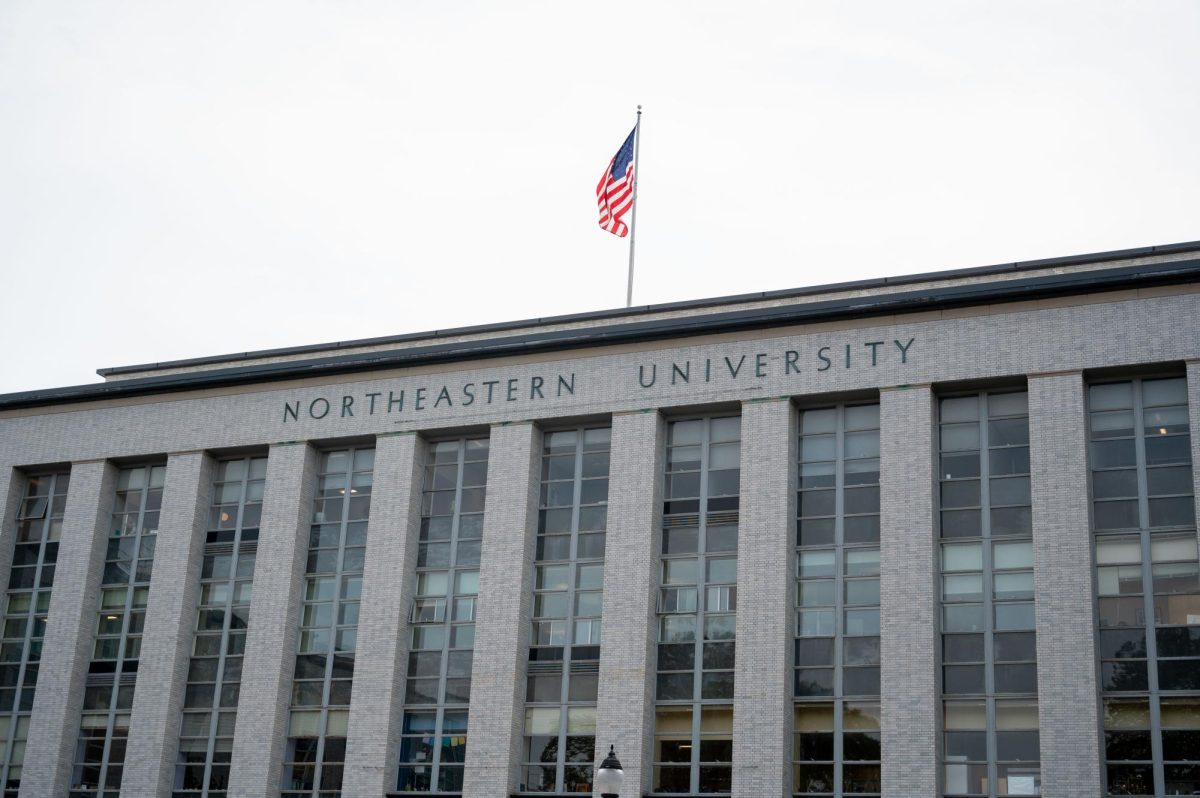By Kaitlin Keane
Northeastern students are generally pleased with the overall transition from the quarter calendar to semesters, though upperclassmen have had a more difficult time adjusting to the switch, according to a recent survey conducted by NUPULSE.
The Semester Conversion Survey, given during fall semester by NUPULSE, surveyed 497 sophomores, middlers, juniors and seniors about changes resulting from the recent conversion. While students expressed frustration over several aspects of the new system, the overall reaction was generally positive. Well above 90 percent of the participants said they were satisfied with their academic experience and planned to obtain their degree from Northeastern.
According to the survey, 73 percent of sophomores felt the change to a semester calendar had been a good thing for students, though less then half of juniors, middlers and seniors agreed.
“I think it really worked out to my benefit, I didn’t lose the chance at any classes so its really only been a good thing,” said Michael Castellanos, a sophomore political science major.
Only 91 percent of sophomore respondents planned on getting their degree from Northeastern, as opp-osed to 97, 95 and 99 percent of middlers, juniors and seniors respectively.
Sophomores and seniors showed the most extreme difference in opinion when asked about the semester calendar’s overall effects on academic and co-op experience. Around 65 percent of sophomore students surveyed felt the new calendar would enhance their academic experience, as opposed to a mere 33 percent of seniors. Slightly less then half of middlers and juniors agreed their experience was enriched by the change.
“I really like being in classes longer, it allows you to get into a subject so much more than before,” said Meghan Hernandes, a sophomore English major.
Northeastern students seemed to be fairly split on the benefits of longer stretches of time for classes.
“In a lot of ways, the quarter system may have been better,” Castellanos said. “The classes are just so long. They say you have the opportunity to learn more, but you learn the same amount, its just spread out.”
The difference in opinion was most extreme in the area of co-op, where 70 percent of sophomores thought the change would enable them to have a better co-op experience, but only 25 percent of seniors agreed. The new system gives many students twice as much time in their internships, with mo-stly six month co-op slots instead of three.
“It has definitely been a positive change — with three months of co-op you don’t really get to learn everything and become comfortable. Six months gives you time to really get used to things and understand what you are doing,” said Loren Brown, a middler international business major, who also thought the new system benefited students that had trouble finding a position right away. “I didn’t find my co-op until the end of February, so the old system would have really hurt my experience in this case.”
Several students pointed out that the calendar change could actually wind up improving the overall co-op program, as more employers may be willing to get involved.
“It seems like employers would be more interested in hiring co-op students that will be there for six months, since they wont have to train someone new every three months,” Hernandes said.
Despite differences in opinion among classes in most areas of the conversion, all four classes agreed overwhelmingly that sem-esters were too long. More than half of each class found the new system to last too long with insufficient time between classes. As a result, some upperclassmen respondents reported the change had failed to reduce any stress.
“It has definitely added some stress as far as things like figuring out credits,” Hernandes said, “but, overall, I’m sure it will wind up being a positive change.”









